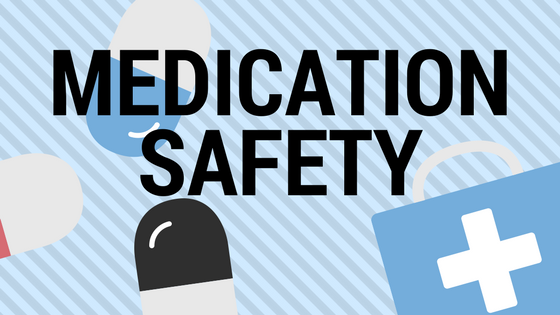To do or not to do-perils of anxiety medications
One of the greatest challenge I face in my practice is to say no to certain medications especially some controlled substances.I want to have a trusting comfortable relationship with my patients and genuinely give them satisfaction.However, I have to sometimes be “the bad guy” and do the right thing of educating about perils of some of these medications.After all,my first oath is to do no harm.
Benzodiazepines and benzodiazepine receptor agonists like zolpidem (ambien)are widely used to treat anxiety and insomnia, even though antidepressants are first-line therapy for anxiety disorders based on the evidence.
When benzodiazepines are used to treat insomnia, the effect wears off after a few weeks,and rebound insomnia has been reported with cessation of the drugs. Although patients report enhanced sleep with long-term use, there is no objective evidence to support.
Outpatients on long-term benzodiazepine therapy have the potential for a protracted, uncomfortable withdrawal syndrome that can last for months. Withdrawal symptoms are possible after only one month of daily use.
In addition to abuse and dependence, other major risks associated with benzodiazepine use include the following:
- Cognitive impairment. Benzodiazepines cause acute adverse effects: drowsiness, increased reaction time, ataxia, motor incoordination, and anterograde amnesia. It was also found that long-term use led to substantial memory decline that did not resolve three months after discontinuation
- Motor vehicle crashes. The risk of driving while on benzodiazepines is about the same as the risk of driving with a blood alcohol level between 0.050% and 0.079% (an alcohol level greater than 0.08% is illegal in all states)
- Hip fracture. Benzodiazepines increase the risk of hip fracture in older persons by at least 50%.In a study of 43,343 persons, zolpidem increased the risk of hip fracture by 2.55 times in those older than 65 years
In summary,many patients underestimate the degree of impairment caused by benzodiazepines.Benzodiazepines increase the risk of addiction, withdrawal, cognitive decline, motor vehicle crashes, and hip fracture. The risk of overdose is particularly great when combined with sedative drugs such as opioids or alcohol. For these reasons, if used, benzodiazepines generally should not be prescribed continuously for more than one month. There are effective alternatives. Psychotherapy and antidepressants are the treatments of choice for anxiety disorders.
Full article here:
https://www.aafp.org/afp/2013/0815/p224.html




Add Comment